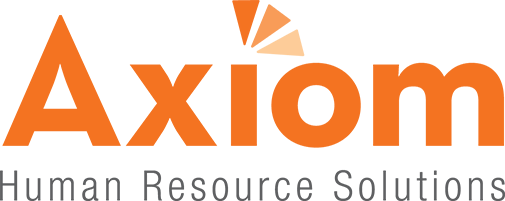
If you’re operating a small business, using a Professional Employer Organization (PEO) can sound very enticing. With so much responsibility, it can be a relief to let another company manage many of your employee-related responsibilities. But when you really dig into how PEOs operate and weigh what they offer – are they really the best choice?
Less Control
A PEO serves as an employer to your employees, and therefore makes many decisions for your staff. For instance, which it comes to benefits, generally, a PEO pools together the employees from numerous companies it serves, and chooses the same insurance companies and healthcare plans to everyone in the pool. Each individual company does not have a say in which benefits are provided. This means that if you prefer offering an 80/20 insurance plan to your employees, but the PEO chooses a 70/30 plan, your staff will receive the latter.
The Culture Question
Some of the choices a PEO makes may not reflect the overarching culture of your company and what you’d generally choose to offer your employees. Company flexibility in choices may take a big hit, which is a key cultural highlight for many companies, particularly startups or smaller businesses that might be attracted to using a PEO.
Overall, the experience working with a PEO can feel very impersonal for employees.
Complicated Pricing Structure
PEO pricing can be difficult to understand. Because benefits are often lumped together, pricing can vary widely from company to company. Another significant obstacle is that pricing is very subjective, and it can be difficult to negotiate with a PEO. Typically, their benefits are priced per employee, per month, and the costs can add up very quickly, especially if your organization is experiencing growth.
If you’ve chosen a PEO because you think it’s the most cost-effective way to handle your HR-related needs, be sure to run the numbers. You may be very surprised.
Technology is Lagging
Human Capital Management (HCM) tools are rarely offered with PEOs, because they are typically more focused on compliance, payroll and access to benefits. This is an issue, as employee recruitment in our hyper-competitive market is putting more and more pressure on companies to support solid employee engagement. Today’s modern companies must have a way to track and receive feedback from its employees to stay on top of issues, needs and trends.
In fact, Yoh Survey recently found that only 3 in 10 Americans say they’ll stay in their current job once the pandemic is over. “Businesses that do not increase their focus on employee retention and recruitment will risk losing top talent and fall behind in the battle to attract highly skilled workers,” wrote Kevin Yurick, Senior Director, Marketing & Communications at Yoh.
Need More Support
As businesses grow, so do their needs – and a PEO may not be able to offer the type of support one might expect. A growing business can benefit from a wider pool of benefits options, choices of different customized plans for its employees, and a more personal way to administer employee and customer service.
What’s the Alternative?
An option that may make sense for your organization is to turn to Human Resources Outsourcing (HRO) instead of a PEO. HROs such as Axiom Benefits are able to offer partner-focused service to meet the needs of your employees and your company overall. To learn more about Axiom and how its Human Resources Information System can help you put your people first, contact us today.
